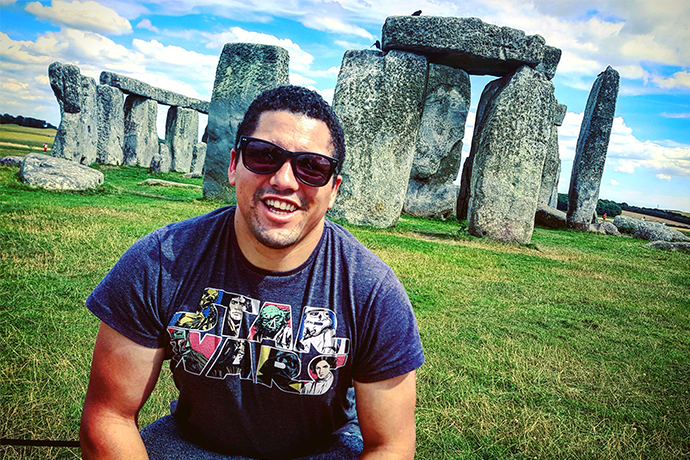When it comes to hiring, people often place lots of emphasis on the stress of interviewing as a candidate. What falls by the wayside, however, is the pressure facing interviewers, who must ensure they’ve made the correct hire for their team. The chosen candidate must fit with the company culture, display a great skills set, communicate effectively and be able to genuinely improve the overall business. The hiring manager needs to use his or her interviewing abilities to determine whether someone fulfils those categories. In terms of a technical hire, the candidate must show proficiency in certain coding languages, share past experiences, and so on.
Hiring managers need to have a strong process for selecting candidates in tech interviews. Hiring the right technical talent is a real challenge for tech companies of all sizes, and when talent flows dry up, it can put projects on pause which can be extremely costly. Furthermore, if they make a bad hire, it could end up costing the company up to $240,000.
Many skills tests have been designed to allow technical candidates to showcase how well they will perform in the company. Whiteboard tests, paired programming, the resume walkthrough and the project description are all common strategies in this respect. However, some argue that hiring managers rely too heavily on these exercises, and neglect the importance of standard interview questions. In this post, we’ll outline some of the best questions to ask your candidates as a hiring manager.
- Why did you get into software development?
When they talk about what they do and why they do it, you can get a sense of how enthusiastic they are about their career choice. This will also reflect on their work ethic.
- When faced with a challenge is your first instinct to collaborate and pool ideas, or to take on the burden alone? Why?
This could either be a positive or negative depending on justification or what you’re looking for in a developer or seniority. Team-based skills are very important for developers. Most developers work in pairs, or small teams, and are expected to be able to express their ideas and intentions clearly, and collaborate. After all the collective genius is stronger than the individual.
- Why did you choose to use Java/C#/Python etc…
Different types of software programming require different techniques and languages. By asking them about their choice, it allows the hiring manager to understand whether it was a considered choice due to functionality, or if the candidate simply took the first role or tech stack that came along after university.
- Do you see yourself as a principle or a team lead?
This question digs into the interviewee’s aspirations within the company. It’s a great way to better understand how high they would like to climb in the company, and also, it hints at how long they plan to stick with the business.
- What would you like to achieve here?
This also allows the hiring manager to get a sense of ambition from the person they are interviewing. It’s hard to keep a hold of developers in the current hiring landscape, so it’s best to look for candidates who are looking for a challenge, and to learn new skills, rather than just work a 9-5.
- Why join us?
By asking this question, interviewers will get a sense of how much the applicant knows about their company, and their motivations to join. If you don’t want developers to jump ship at the first better offer, find people who really care about your company, aims and values.
- What do you expect from us?
It’s important to give the candidate some time to talk about what they are looking for in the company. This question will help understand what would make them happy working in the company. They could mention learning new skills, new technologies, mentorship opportunities, and so on.
- Tech specific questions
Gauging the level of experience with tech and tools involved in the role is an important step in the interview process. Tech specific questions help identify whether they would hit the ground running, and where they would need up-skilling
- A problem relevant to the role
Give them a scenario applicable to the role, in a role play scenario. These can be quite abstract, but it’s a great sign of a candidate can express their logic and problem-solving ability verbally as well as technically.
- Why should we hire you?
You always want to hire the best, and you’ll always get the best if you hire someone that actually wants to be there! Sense-checking their motivations can help you both understand the long-term opportunity and fit.
Talent managers work hard to understand the goals and aspirations of the applicants, and in order to ensure the perfect fit for the company, they need to have a strong interview process set up. With these questions, interviewers will get to know who they are hiring, and get the data they need to make the right decision.


